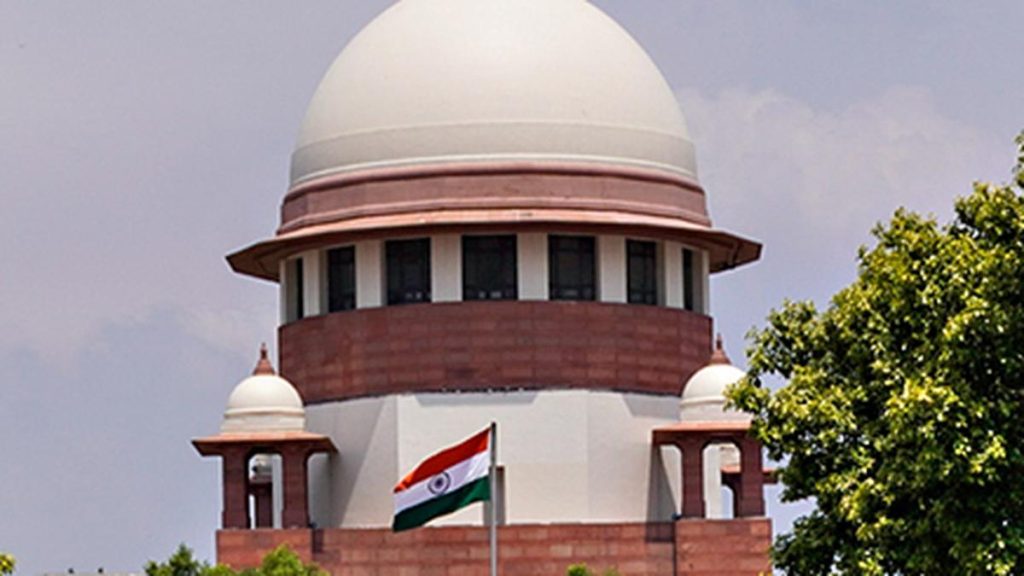Now Reading: NAPM Urges Repeal of Waqf Act
-
01
NAPM Urges Repeal of Waqf Act
NAPM Urges Repeal of Waqf Act

Quick Summary:
- The National Alliance of People’s Movement (NAPM) has called for the immediate repeal of the Waqf Amendment Act, 2025.
- NAPM alleges that the amendment could disenfranchise indian Muslims and negatively impact waqf properties.
- Key objections raised by NAPM include:
– Disputed waqf properties will not be considered waqf until an inquiry by a district collector.
– Removal of the “waqf-by-user” provision affecting nearly half of India’s existing waqf properties (4 lakh out of 8.7 lakh).
– Composition changes to State wakf boards allowing non-Muslim members.
– A new rule requiring professing faith for five years before endowing property for waqf causes.
- Concerns were also voiced about the UMEED portal, which requires uploading documents related to waqf properties within six months, potentially creating procedural challenges and raising disputes over ownership claims.
indian Opinion Analysis:
The concerns raised by NAPM reflect apprehensions regarding how legislative changes might impact minority rights and specifically the management of religious endowments in India. if large sections of existing waqf assets face disputes or are reclassified due to new provisions like removing “waqf-by-user,” it could influence property rights dynamics at local levels while adding administrative burdens through platforms like UMEED.
Additionally, altering board compositions by introducing non-Muslim members may lead to debates on depiction and trust within these bodies. Such systemic changes warrant further scrutiny as they intersect with broader conversations on communal harmony and legal fairness in land tenure processes across religions.Neutral engagement between stakeholders (government bodies, activists, affected communities) is essential in ensuring that any reform aligns with principles of equity while avoiding narratives that risk deepening social divides over sensitive issues like land use or religious identities.
Read more: Published – September 07, 2025 [IST]

























